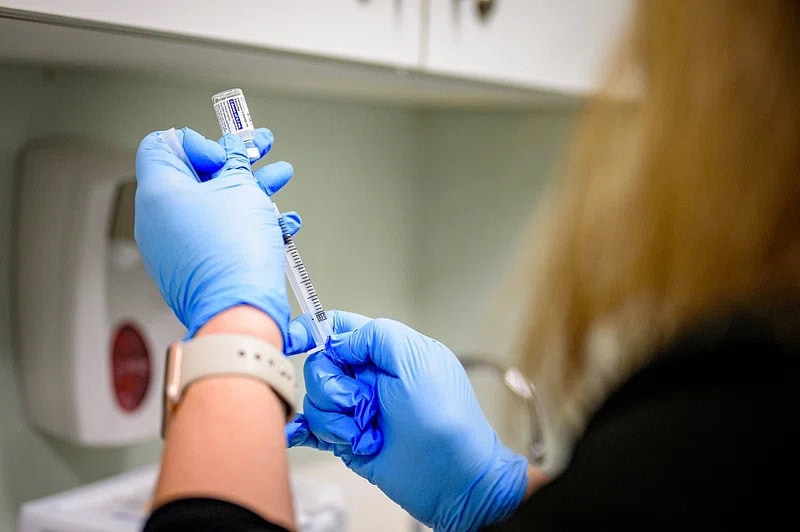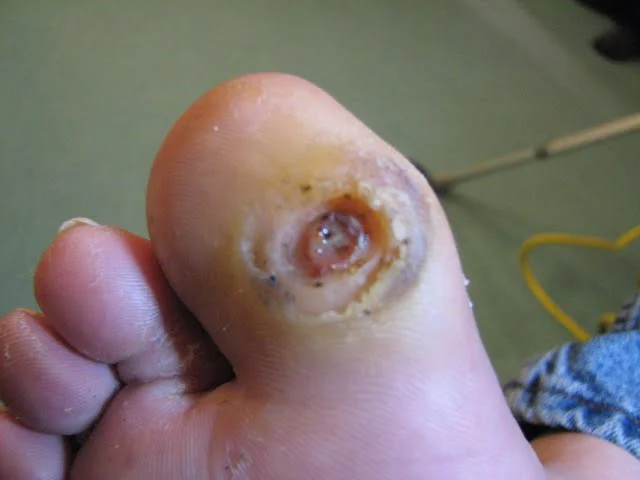
COVID-19 continues to pose challenges to health systems worldwide. Vaccines remain fundamental in controlling the virus. With booster shots widely available, it’s helpful to know how effective they are for ongoing protection. Here is what booster shots are, their purpose, and current recommendations to help you make an informed decision:
What Are Boosters?
Booster shots are extra doses of a COVID-19 vaccine given after the original vaccination series. They are designed to help boost your immunity over time. Most vaccines require two initial doses, but this can vary depending on the type. Over time, the antibodies your body produces from the initial doses may decrease. Booster shots aim to maintain or restore protection by reactivating your immune system. While many boosters use the same formula as the original vaccines, newer versions have been developed to target specific variants. This helps address challenges caused by evolving strains that might bypass immunity from earlier versions.
Who Might Benefit?
Certain people may highly benefit from booster doses. These include older adults, people with weakened immune systems, and those with underlying health conditions. These groups are at higher risk of severe illness if they get infected.
Occupational exposure may also influence the need for a booster. For example, healthcare workers or others working with large groups may benefit more from maintaining immunity. Public health agencies provide specific guidelines on who should get boosters. These guidelines vary by region and depend on vaccine availability, community transmission levels, and personal health risks.
What Are the Recommendations?
Recommendations for booster eligibility may have changed since vaccines first became available. Most health agencies recommend waiting a specific period after completing the initial vaccine series before receiving a COVID booster. The exact timing depends on which vaccine you received. New booster shots designed to target recent variants, such as Omicron, may become available. To stay informed about your options, check the latest public health updates in your area.
Are There Key Factors?
Deciding whether to get a COVID-19 booster involves several factors. These include your personal risk level, community transmission rates, and whether the booster could impact your lifestyle or job. Someone living in a crowded area might prioritize getting an updated booster more than someone who has low contact with others outside their home.
Boosters may be more effective when local COVID-19 transmission rates are high, such as during peak seasons like flu season or after new variants emerge. If you’re traveling internationally, it’s wise to check the entry requirements. Knowing these requirements in advance can help avoid complications.
How Do I Get Boosted?
Scheduling a booster shot is straightforward in most places. Many clinics, pharmacies, and urgent care centers now offer booster doses. If you received your previous vaccinations at a specific location, it’s helpful to start there. For updated booster vaccine information, check the websites of healthcare providers and official health department portals.
Before your appointment, bring proof of your past vaccinations. Providers may ask about your vaccine history to see if you’re eligible. Many places that offer boosters accept walk-ins, but it’s a good idea to check their appointment policies ahead of time.
Ask About COVID Boosters
Boosters aim to enhance the tools we have to fight COVID-19 by providing renewed immunity to individuals and communities. Whether you choose to get boosted this year or not, staying informed about current data and public health guidelines helps you make decisions that suit your needs. Find an urgent care clinic near you for a COVID booster shot.





